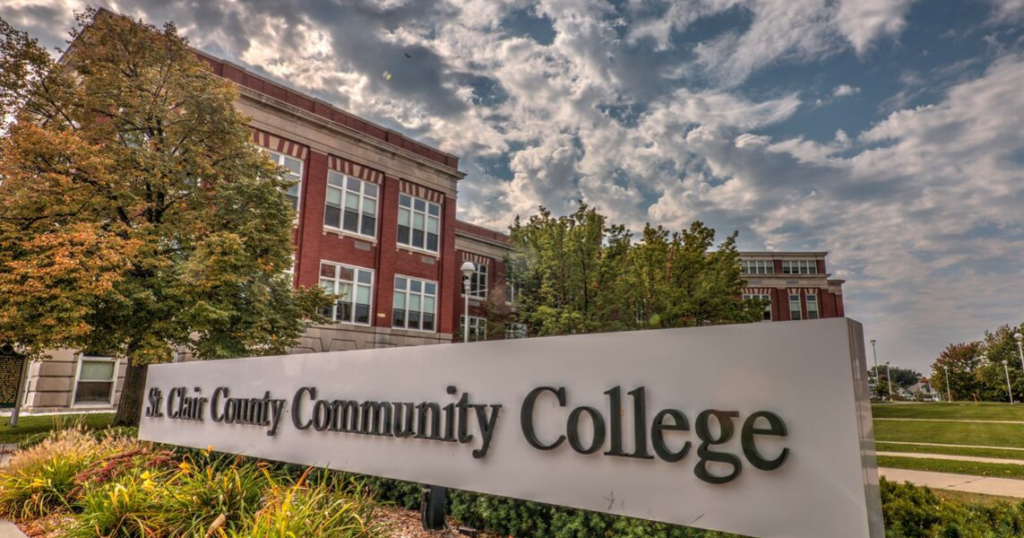SC4 Awarded Gold Status
St. Clair County Community College (SC4) has been awarded Gold Status by the Michigan Veterans Affairs Agency for its strong support of military students. SC4 offers resources like a Veterans Lounge, priority registration, and help with education benefits. Local veterans and their families can access study spaces, computers, and more. SC4 staff expressed pride in serving those who have served the country and encouraged veterans to use these services. The Gold Status is the highest honor in Michigan’s Veteran-Friendly Schools program, which started in 2015.
Reporting for WGRT – JP bZet






